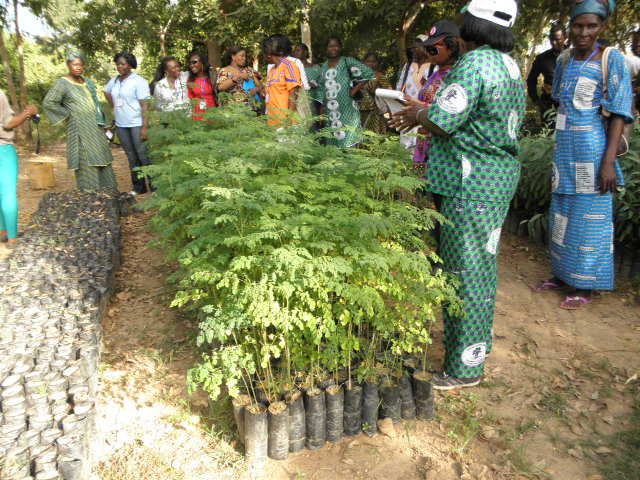Since signing the Rio Declaration in 1992, Cameroon has made significant regional progress regarding laws on access rights to citizens, but has not done as well at the level of implementation. Since then, Cameroon has joined the Partnership for Principle 10 and has made strides in promoting greater and more effective stakeholder consultation. The TAI Cameroon coalition has been committed to accelerating the compliance of the Government of Cameroon to the Rio Declaration and implementing the Principle 10 guidelines.
The coalition has been active in operationalizing the TAI National Advisory Panel between the Government of Cameroon, key agencies, and representatives from civil society for open dialogue to facilitate planning and development of the country’s commitments to P10. Through these efforts, it has focused on capacity building at multiple levels. It has provided a framework to guide NGO’s in the oversight of Cameroon’s implementation of its commitments in public access to information, participation and justice. Additionally, TAI Cameroon was chosen to be the lead in expanding TAI in Central and West Africa because of the government’s receptiveness to the project and the country’s bilingual nature, helping it serve as a model for the region.
Bioresources Development and Conservation Programme Cameroon (BDCPC) is the lead TAI Partner in the country and has worked with building the capacity of the TAI Democratic Republic of Congo Team.
TAI Cameroon has been instrumental in translating the TAI toolkit and training materials in French to help build the capacities of partner organizations in Francophone Africa. In 2009, TAI Cameroon collaborated with the Government of Cameroon to come up with a draft policy document on the Access and Benefit Sharing arising from the use of Genetic Resources, which involved the creation of a taskforce that included stakeholder institutions and extensive stakeholder involvement.

